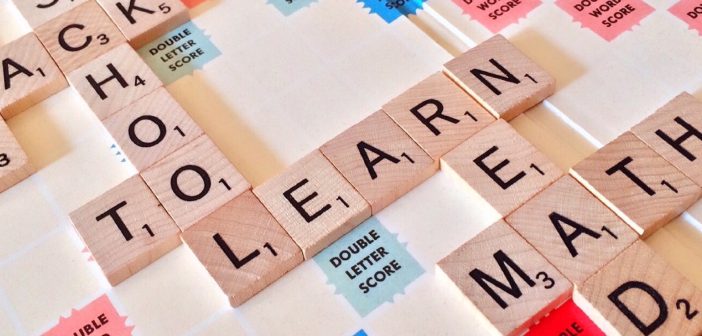Despite rumors to the contrary, English language learning will remain a critical component of the local education system, the Ministry of Education reiterated earlier this week.
The comments came in a response the Ministry of Education gave to suggestions that Chinese culture should be a larger part of the national curriculum. This is indeed underway, but it will not come at the cost of foreign language learning, the ministry said.
“Foreign language is an important part of students’ all-round development, which helps to cultivate and develop students’ language ability, cultural awareness, thinking quality, learning ability and other core qualities, and cultivate students’ Chinese feelings, international vision and cross-cultural communication ability,” the ministry stated.
According to the ministry, foreign language learning – which in most cases is English –has historically accounted for 6% to 8% of classroom time, and will remain so into the future.
This percentage is significantly lower than that of Chinese (20-22%), Mathematics (13-15%), Physical Education & Health (10-11%), the ministry pointed out.
The ministry suggests that while “it is necessary to study English, it is not necessary to spend too much time on it. Pay less attention to high scores on English tests but focus more on using English for use in daily life — such as dialogue and conversation.”
As for each subject’s value in the highly-regarded local collage examinations, better known as 高考 (gāo kǎo), all subjects including English would carry the same weight as before.
English learning remains a hot-button issue, with some advocating a de-emphasis on learning a foreign tongue, while others advocating it remaining the same or even strengthening it.
One parent commented that time spent on teaching English should, in fact, be increased, as local schools do not provide an immersive English environment for kids to pick up the language.
While foreign language will remain as is, the ministry said that plans are afoot to increase time spent on teaching Chinese traditional culture such as music, chess, calligraphy, and painting, in order to allow children to “connect with Chinese culture and increase cultural pride and confidence”. It was also recommended that elements of Chinese traditional culture be included in the college entrance examination. This suggestion was met with largely positive feedback and agreement by local parents.
KEEP READING: Our Picks for Upcoming Education Events
Images: Pexels




